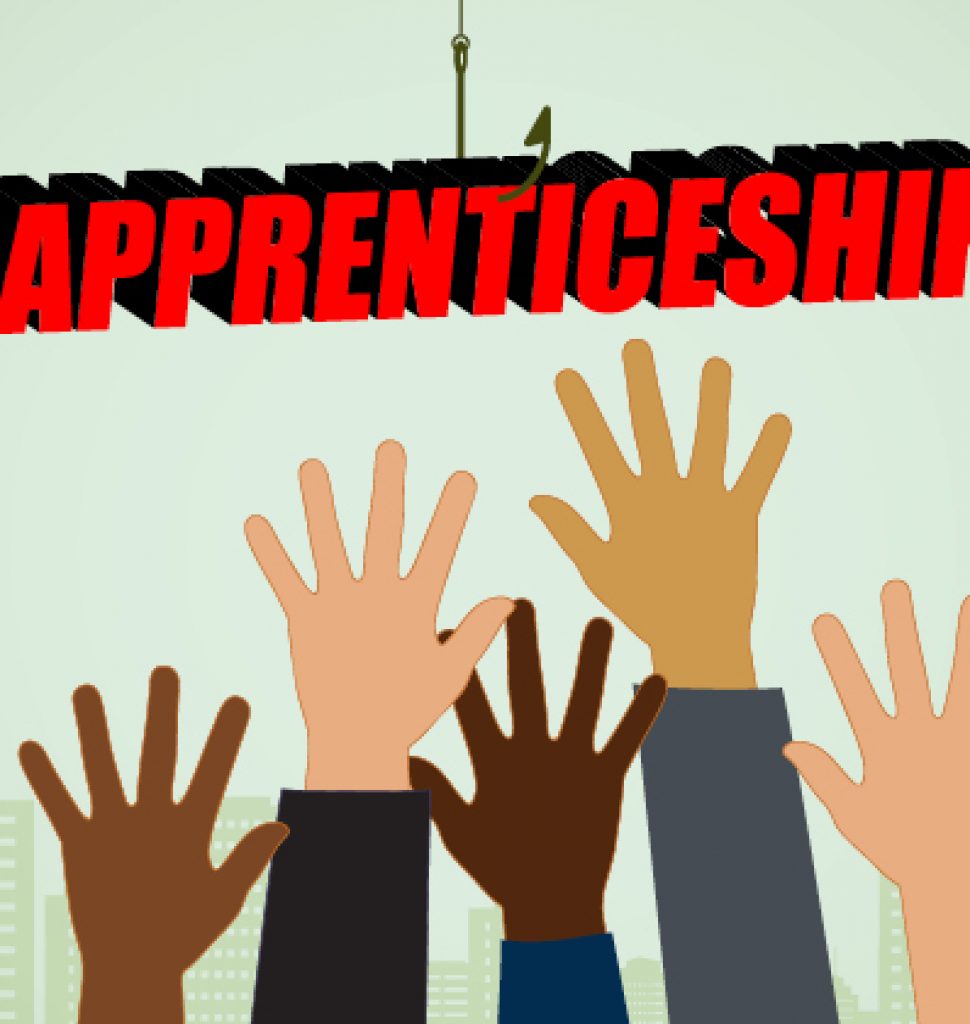Some providers are already getting 96% of their apprentices past the finish line. Why is the target so low? asks Iain MacKinnon
Are we really OK with one in three of all apprentices failing to pass their apprenticeship? That’s the target the now former skills minister, Alex Burghart, set out for the sector last week.
Before he resigned with other ministers en masse on Wednesday, he announced he wanted to get the achievement rate back to where it was before Covid. Burghart was also trying to get the achievement rate for standards up to what it was previously for framework apprenticeships.
The now ex-minister described the target (set for 2025) as “stretching”, and Jane Hickie, chief executive at the Association of Employment and Learning Providers, warned that it may not be achievable.
Step back from the detail, though, and ask yourself if you’re really comfortable with this ̶ that we’re working hard to recruit and train apprentices expecting that one in three won’t succeed. One in three.
For nine years I was secretary to the Maritime Skills Alliance, the sector body for maritime industries, until I stepped down in March – and so creating and promoting apprenticeships dominated what I did.
I’m frustrated when I look at the 67 per cent target because I can’t prove that our achievement rate is much higher (data is only available down to the 11 sector subject areas), but I’m sure it is.
In the absence of national data I asked Princess Yachts what their achievement rate is. They build luxury yachts in Plymouth and they run an award-winning apprenticeship programme, working particularly closely with South Devon College. Their latest achievement rate is 96 per cent.

I also asked one of the sector’s niche providers, SeaRegs, also based in Plymouth, who help deliver the boatmaster apprenticeship on the Thames. Covid has meant redundancies, sadly, particularly in the leisure sector, but the achievement rate for the 2019 intake looks very likely to be over 80 per cent.
The plural of anecdote is not data. But if I’m right that in many cases we’re already doing far better than the new target, why is that?
I can’t offer simple solutions applicable to all, but I’d say that overwhelmingly maritime employers recruit apprentices for the right reasons.
They’re not using a government ‘scheme’ for short-term advantage, but genuinely working hard to recruit the next generation of talented people they need for the company to continue to succeed. I’ve always been careful to talk in terms of the government ‘subsidy’ available for training they want to do anyway.
And most employers have had very many more applicants than places.
Off-the-job support is in the hands of specialist colleges or private providers, and the end-point assessment, too, is in the hands of maritime specialists who recruit assessors with relevant experience.
Most employers have had more applicants than places
I think we’ve worked to well-designed standards, and for the most part we’ve had decent funding. Neither is accidental and both took hard work.
I’ve no simple answers, therefore, but we’re a very long way from the stereotype of pushing the unwilling into the arms of the ineffective.
May I suggest two further actions to our new minister, when one is appointed? If we’re to make this work we need finer-grain achievement data: sector subject area level is not nearly good enough. And we need something more sophisticated than a single national target.
One of the 11 sector subject areas already hits the 67 per cent target and two others are a smidgen away, on 66 per cent.
Seven of the 11 met the target in 2018/19, so it can’t be that hard to win that ground back again. Yet ‘retail and commercial enterprise’ was a long way behind, both before the pandemic and in the most recent data.
Differential targets, maybe?
And beyond that, let’s have a serious look at how we make a real difference to achievement rates, so that every sector matches the record of the best.
We owe that to the apprentices.

















Your thoughts